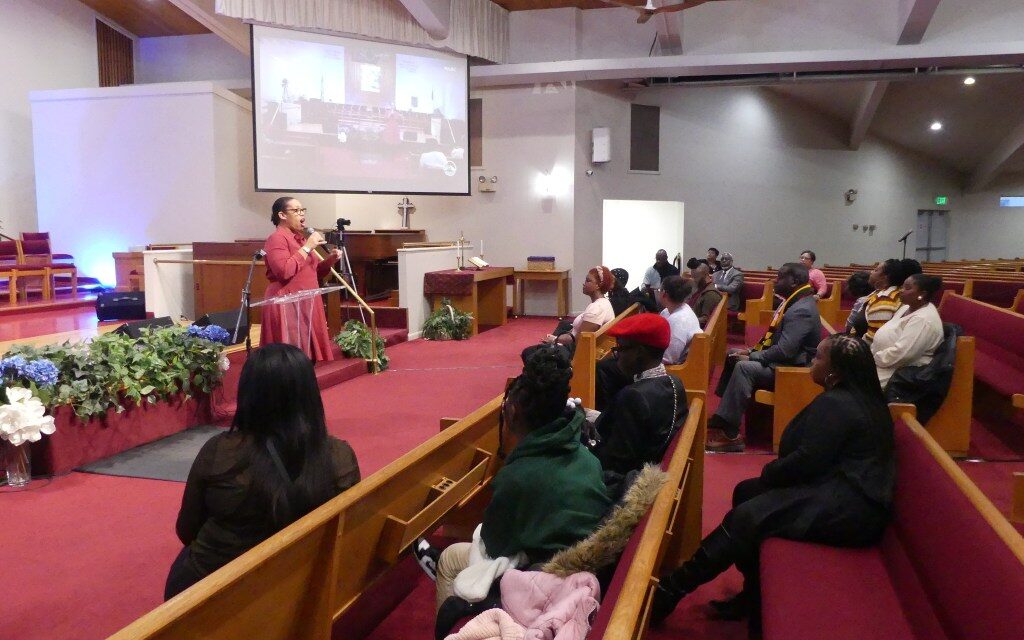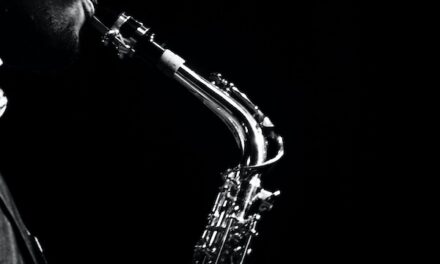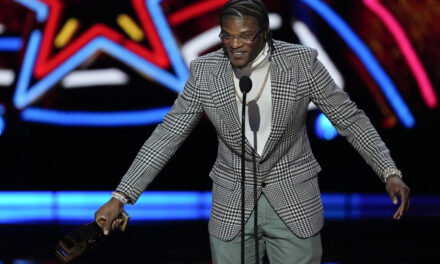By Megan Sayles
AFRO Business Writer
msayles@afro.com
Associated Black Charities (ABC), in partnership with Pastor Franklin Lance, hosted a Community Convo on “The Vulnerability of Black Women in Professional Spaces” at Mt. Lebanon Baptist Church on Jan. 23. The guided dialogue offered Black women a safe space to share their personal challenges in the workplace and invited them to share strategies for the empowerment and support of Black women in professional settings.
The subject matter was prompted by an influx of communications that ABC received, expressing concern over Claudine Gay’s recent resignation from Harvard University. Gay was the first person of color and second woman to become president at the Ivy League and announced her step down after criticism for her response to the Hamas attack on Israel.
The backlash devolved into accusations of anti-semitism from Gay and allegations of plagiarism in her doctoral dissertation.
“As we sit back and watch these things– nationally– happen to other Black people, we feel them very deeply and personally. They help us take a long look at the stability of where we are professionally and how protected or not protected we are as Black women,” said Chrissy Thorntonm, president and CEO of ABC. “We need collaboration around how we can start to change this ongoing circumstance where we feel marginalized.”
Thornton requested anonymity for the women who shared during the session.
One attendee said in order to move toward healing Black women in leadership positions must be intentional about supporting their junior colleagues in accessing opportunities. She referenced an article written by behavioral scientist Carey Yazeed titled, “Why Black Women Hurt Each Other in the Workplace.”
“The one that has access is the chosen one. The chosen one wants to secure her spot so, therefore, does not allow access to other women of color. It’s not always others, sometimes we can bring the hurt and we can stop each other from excelling forward.”
Attendees also examined why Black women may find it challenging to advocate for a peer who they’ve seen experience unfair treatment. Thornton asked why it’s difficult to hold people accountable when they’ve harmed someone in the workplace. The group’s responses included fear, discomfort and dissociation.
“We think, she’s over there, and I’m over here, and what does what happened to her have to do with me?” said one attendee. “Until we feel the reverberations and impact of what happens to us as Black women, wherever we are, we’re just going to consider it as another thing that’s going to pass on by in the river of life.”
One woman who said she worked in corporate America for two decades advised her peers to ensure they interact with their White colleagues—something she wished she did more during her early career.
“When you’re in corporate America, you can’t gravitate to people that look like you because only 1 percent of us sit in the C-suite,” she said.
Haki Ammi, president of the Teaching Art Institute, attended the event to hear about the challenges facing Black women in their workplaces.
“As a Black man it is important for us to listen and hear these challenges,” said Ammi. “We have wives, mothers, nieces and daughters who experience microaggressions, passive-aggressiveness and sometimes hostility in these career spaces.”
Megan Sayles is a Report For America corps member.
The post Associated Black Charities leads discussion on the vulnerability of Black women in the workplace appeared first on AFRO American Newspapers.











